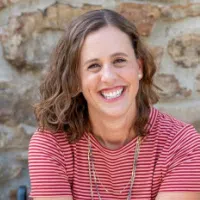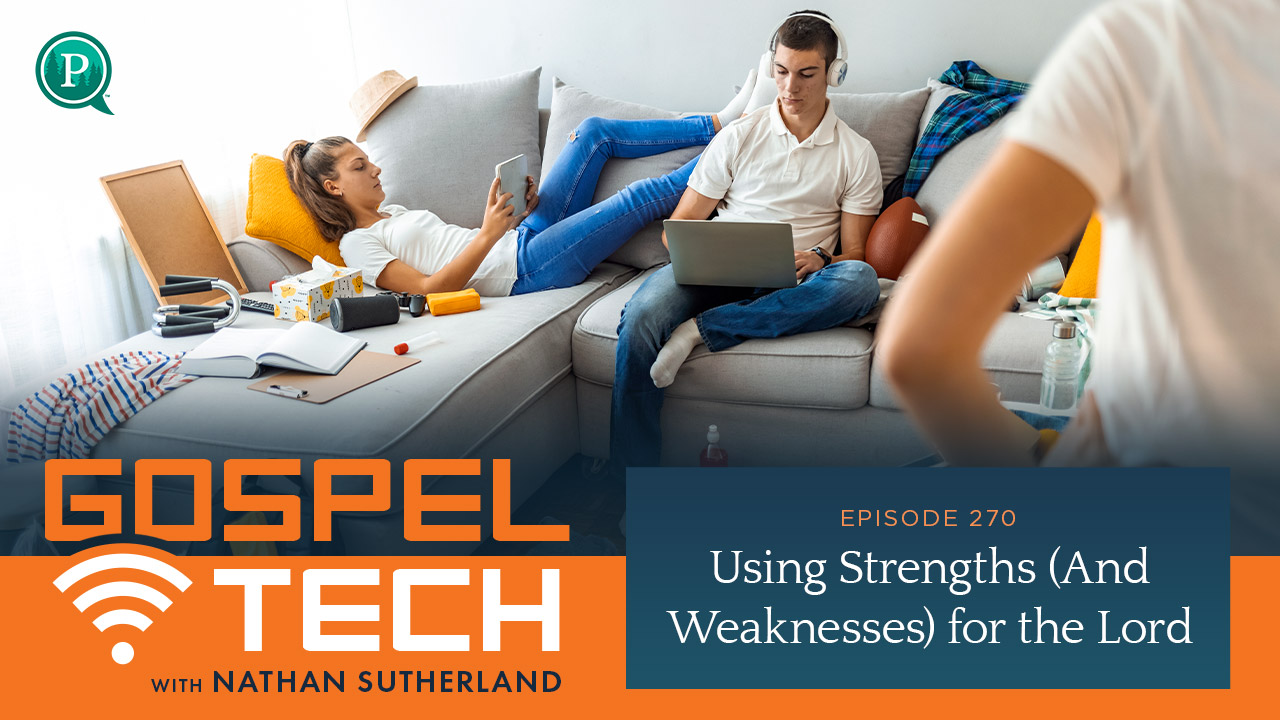As parents, we should protect our children from the dangers in this world. Along with that, our role as a guardian includes teaching our kids how to protect and guard their own hearts. We are our children’s hedge, but at some point, we won’t be around to filter out everything. We must give them the tools to guard their own hearts and minds when we aren’t around.
Kids can learn to listen to the Holy Spirit at a young age. I’ll never forget the day we toured a potential home to buy. The first thing out of our five-year-old’s mouth was “This house doesn’t feel right.” He was spot-on. We quickly walked past the Playboy pinball machine in the living room and tried to shield our children’s eyes. Even with all the old farmhouse charm in the doorways and floors, the house felt dark. As we quickly exited the house, we encouraged our son to listen to the voice he’d heard that day. While adults typically have more wisdom than children, kids need to know that God can speak to them at a young age too. The more they pay attention to the Holy Spirit’s leading, the better they’ll be at hearing it. Nurture this skill in their little hearts.
Our oldest daughter loves to read, and while I try to preview books before I hand them over to her, sometimes I don’t have time to read a novel a day to make sure it’s safe. When I don’t have time to read the entire text, I usually ask trusted friends their thoughts, do a quick google search, or look up the book on pluggedin.com. Somehow, I missed a chapter titled “A Ghost in the House” in the children’s classic Heidi. Our daughter typically reads before bed, and one night she came into our room after we tucked her in to tell us the title of the next chapter. She asked if we could read it first because it made her feel uncomfortable. I felt awful that I had missed it, but as I read the chapter, I realized there wasn’t really a ghost, just a sleepwalking child dressed in a white nightgown. Our daughter thought it was funny once I explained it to her, and then she continued to read.
Though that time the issue turned out to be innocent, I’m so grateful she came to us. It’s important for children to look to their parents as the ultimate source of information. We’ve told our children over and over, “We will always tell you the truth. If it’s something you need to know about, you can always come to us. No question is too silly.” No matter how much we try to protect our children, kids talk. Inappropriate topics may come up, and it’s extremely valuable for your children to feel comfortable enough to talk to you about it. Keep the communication open and encourage them to come to you with any and every question.
We can help our children become guardians along with the Holy Spirit. God’s Word promises that He’ll pour out His spirit on our children (Joel 2:28). We shouldn’t take this promise lightly. We can help our children hear God’s voice and learn how to respond to the Spirit’s promptings by taking time each week to listen for the Lord’s voice. For our family, this looks like singing a few worship songs and then sitting in reflection. After a few minutes, we encourage the kids to share if they heard anything from God. It could be a phrase, a Bible verse that comes to memory, or an image they may have seen in their heads. It takes practice, but kids can learn to hear God’s voice at a young age.
Faith Former: In Scripture, we see a young boy named Samuel hearing God’s voice at night. Tonight read 1 Samuel 3 together as a family. Then discuss how even children can learn to discern God’s voice. Children may not realize they can be used by God if we do not share this information with them.
*This is an excerpt from Unshakable Kids by Lauren Gaines published by Baker books, a division of Baker Publishing Group. Used with permission.
PIN THIS!


Lauren Gaines is an author, speaker, teacher, and mother. She is the creator of Inspired Motherhood, an online community for moms to find practical tools to raise spiritually and emotionally healthy kids. She holds a master’s degree in school psychology and has experience working in the public school system and teaching human development as an adjunct professor.












